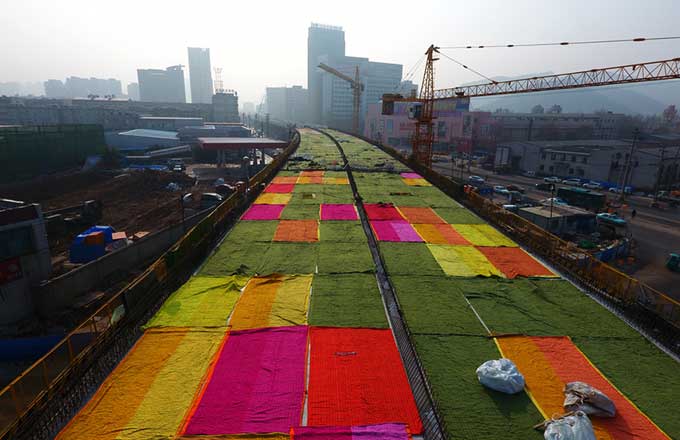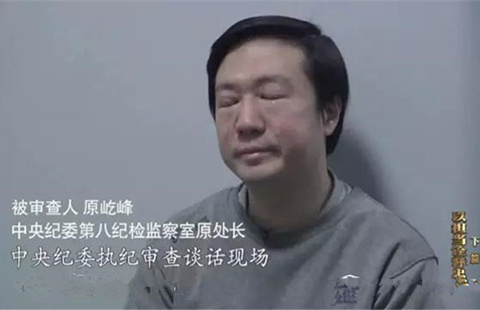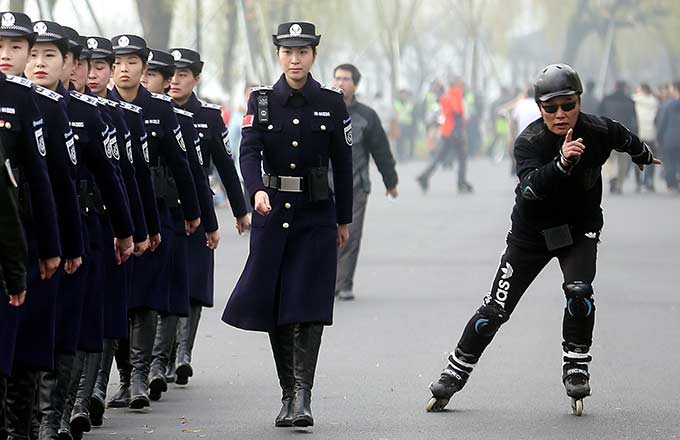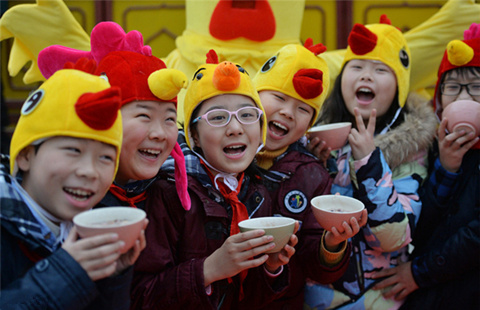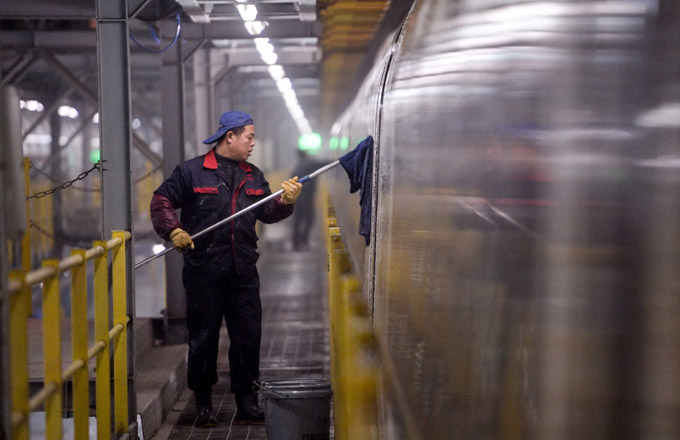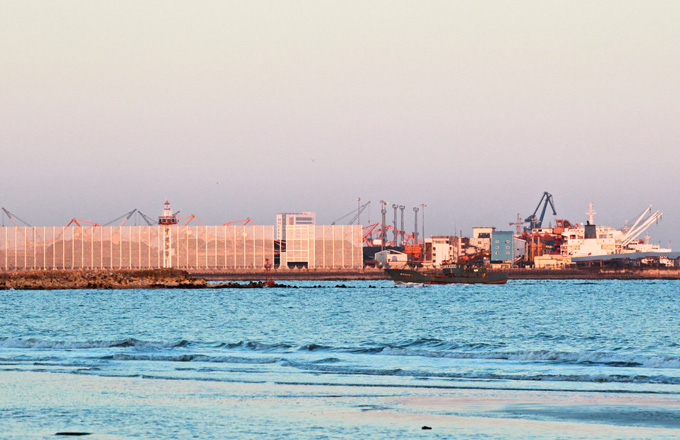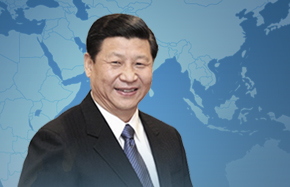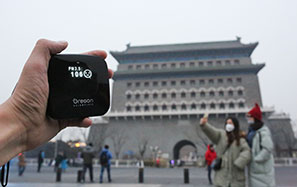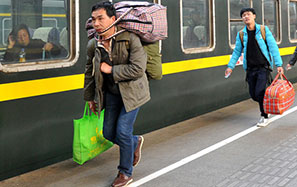Beijing urges ROK delegation to halt THAAD
China urged the Republic of Korea on Thursday to immediately stop the deployment of an advanced US anti-missile system and find an appropriate solution that considers both sides' concerns.
Foreign Minister Wang Yi spoke with a delegation from the ROK's largest opposition party, which is visiting Beijing for talks.
A group of seven lawmakers from the Minjoo Party of Korea started a three-day trip to China on Wednesday. The trip is meant to ease tensions between the two countries aroused by the ROK government's determination to deploy the Terminal High Altitude Area Defense system despite China's repeated opposition.
It was the second delegation that the Minjoo Party has sent to Beijing since August. Moon Jae-in, former leader of the party, now tops media polls as a presidential candidate.
An early presidential race is expected after the impeachment of ROK President Park Geun-hye, who is involved in a corruption scandal.
Song Young-gil, who led the delegation, said the opposition party aims to play an active role in helping to overcome the difficulties and achieve greater development of bilateral ties.
Ahead of the visit, Song told reporters in the ROK that the lawmakers would also inform Chinese officials of Moon's position: that the deployment of THAAD should be decided by the next administration.
Wang told the delegation on Wednesday that China understands the ROK's need to safeguard the security of the country and its people, but "China is opposed to the damage to China's strategic security interests caused by forcing the deployment of THAAD".
He urged Seoul to cherish the hard-won fruits of bilateral ties and find an appropriate solution through communication and negotiation, "so that the exchanges and cooperation between the two countries in various fields will not be affected".
ROK media have reported that China has taken a series of steps against ROK businesses and entertainers in retaliation, but China has never confirmed it.
On Thursday, ROK Foreign Ministry spokesman Cho June-hyuck said the planned THAAD deployment is a sovereign and self-defense action in response to threats from the Democratic People's Republic of Korea, the Yonhap News Agency reported.
The ROK Foreign Ministry also called in Chinese Ambassador Qiu Guohong on Thursday.
Shi Yongming, an Asia-Pacific studies researcher at the China Institute of International Relations, said THAAD deployment is of little help in protecting the ROK, and it only helps to defend Washington's military bases there as well as guarding against China.
"The system, once deployed, will make Seoul a military tool and a strategic piece of Washington in East Asia," he said.
Huang Youfu, a Korean studies professor at Minzu University of China, said uncertainty still remains regarding the deployment of THAAD due to the division within the ruling party and the opposition of the Minjoo Party.
"If Moon is elected as the next president, it is likely that the deployment will be delayed indefinitely," he said.




